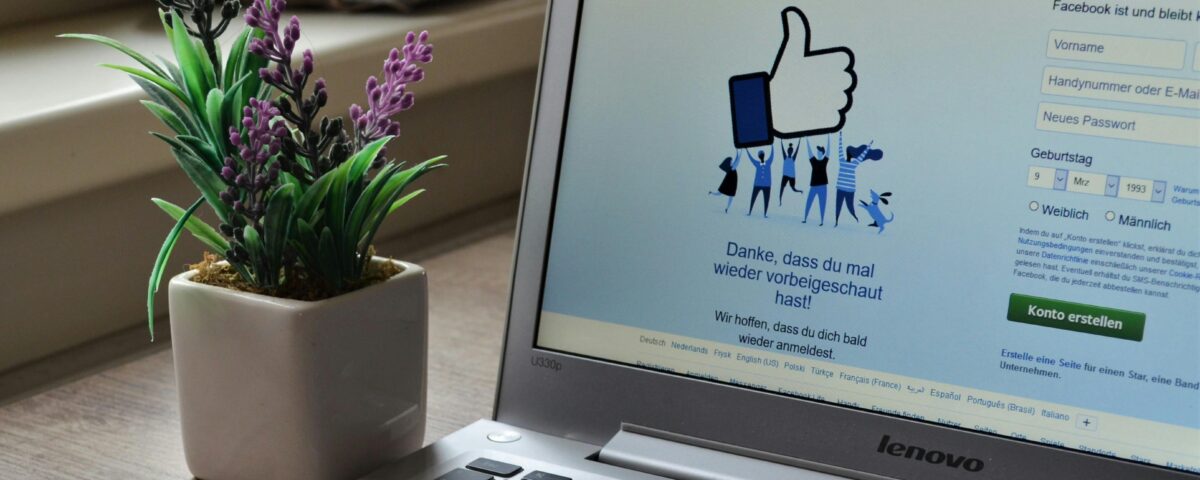By now, it’s clear that VPNs are essential tools for protecting privacy, securing data, and accessing the open internet. But with hundreds of options on the market, how do you know which VPN is right for you? Not all services are created equal. Some prioritize speed, others focus on anonymity, and a few offer both. Choosing wisely ensures you get reliable protection without sacrificing performance.
Understanding What Makes a Good VPN
At its core, a VPN should do three things well: keep your connection private, secure your data, and perform quickly. Anything less defeats the purpose. When comparing providers, focus on the features that actually impact your safety and experience rather than flashy marketing claims.
1. Strong Encryption and Secure Protocols
Encryption is the heart of any VPN. The best services use AES-256-bit encryption, the same standard trusted by banks and governments. It scrambles your data into unreadable code so no one—hackers, ISPs, or even the VPN provider—can see what you’re doing online.
Equally important are the VPN protocols—the methods used to transmit data securely. Look for modern, efficient ones such as:
-
WireGuard: fast and secure, ideal for streaming or gaming
-
OpenVPN: proven and reliable, widely supported
-
IKEv2/IPSec: great for mobile devices due to quick reconnections
Avoid outdated protocols like PPTP, which offer weaker security.
2. No-Logs Policy
A trustworthy VPN should never keep records of your online activity. A no-logs policy means the provider doesn’t track, store, or share your browsing data. This is crucial for maintaining true privacy.
Before subscribing, read the company’s privacy policy carefully. Reputable VPNs often undergo independent audits to verify their no-log claims—proof that they take privacy seriously.
3. Server Network Size and Locations
The larger the server network, the better your options. A good VPN should have servers spread across multiple countries, allowing you to access region-specific content and avoid congestion. More servers mean better performance and reliability.
If you stream often, choose a VPN known for bypassing geo-restrictions. For business users, having global server coverage ensures stable connections during travel or remote work.
4. Speed and Performance
Encryption can slightly slow your connection, but quality VPNs minimize this difference. Look for providers with high-speed servers optimized for streaming, gaming, and file sharing. Many top services also include split tunneling, allowing you to send only certain apps through the VPN while keeping others on a direct connection for maximum speed.
5. Device Compatibility and Multi-Device Support
Most people use multiple devices daily. Make sure your VPN supports all major platforms—Windows, macOS, Android, iOS, and smart TVs. Some even offer router installation to protect your entire home network.
Multi-device plans let you secure several connections simultaneously, so your whole household can stay protected under one subscription.
6. Customer Support and Ease of Use
Even the best VPN can seem intimidating if it’s not user-friendly. Choose a service with intuitive apps, simple setup guides, and responsive customer support. 24/7 live chat and clear FAQs are signs of a company that values its users.
7. Transparency and Reputation
A VPN provider handles your most private data, so reputation matters. Research how long the company has been in operation, where it’s based, and whether it has ever been involved in data-sharing controversies.
VPNs headquartered in privacy-friendly jurisdictions—such as Switzerland or the British Virgin Islands—are generally safer because they’re outside data-retention alliances like “Five Eyes.”
8. Cost and Value
Free VPNs might sound appealing, but they often come with hidden costs: limited speed, weak encryption, or worse, data collection. A paid VPN is a better investment in your safety. Many reputable providers offer affordable monthly or yearly plans with money-back guarantees.
Compare pricing tiers, but remember—when a product is free, you are the product. Paying for a reliable service ensures that your privacy is truly respected.
9. Extra Features to Consider
Some advanced VPNs include additional tools for extra protection:
-
Kill Switch: disconnects your internet if the VPN drops, preventing data leaks.
-
Ad and Tracker Blockers: stop intrusive ads and malicious scripts.
-
Dedicated IPs: useful for businesses or users who need consistent connections.
-
Double VPN or Multi-Hop: routes traffic through multiple servers for enhanced anonymity.
These aren’t essential for everyone, but they offer added peace of mind for those who need maximum privacy.
Final Thoughts
Choosing the right VPN doesn’t have to be complicated. Focus on transparency, speed, strong encryption, and a verified no-logs policy. Remember, a VPN is more than just a privacy app—it’s your personal shield against hackers, surveillance, and data collection. Investing in a high-quality VPN means investing in your security, freedom, and peace of mind every time you go online.








